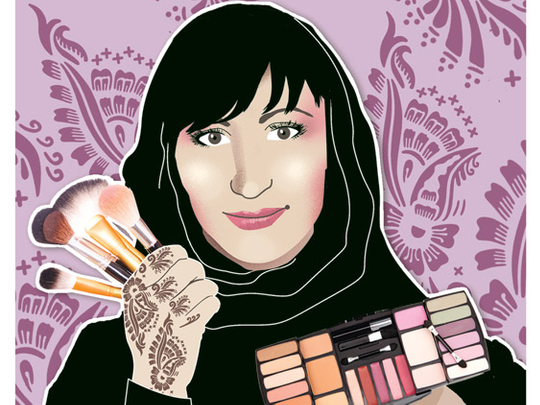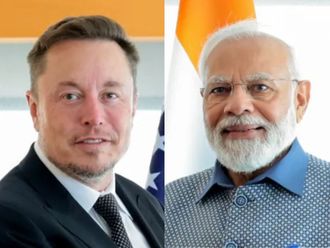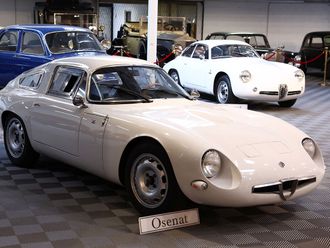
Dubai: The UAE's halal cosmetics market, while still in its infancy, is growing steadily on the back of growing demand.
According to a recent survey by the largest international trade fair exhibition for beauty products, Beauty World Middle East, cosmetics, perfumes and personal care products in the Middle East account for an increasing share of the Dh551 million annual UAE market for halal products.
"While the hospitality, food, packaging, banking and finance industries are already devoting a lot of attention to the development and delivery of halal or Sharia-compliant products and services, the demand for halal cosmetics and beauty products has been relatively slower to take off," said Ahmad Pauwels, chief executive officer of Epoc Beautyworld Middle East 2010.
"The trend is rapidly changing with growing consumer awareness and the drive for quality ingredients," he added.
"This makes the market for halal and Sharia-compliant personal care products a high growth segment with tremendous potential."
In the Middle East, the market is estimated at approximately Dh2.06 billion.
The trend, which is only beginning to take off in the UAE, has been prevalent in Muslim-dominated countries in Asia for the past couple of years.
"Consumers in Asia, especially Malaysia and Indonesia, have been the first in driving demand for Sharia-compliant health and beauty products, with Malaysia last year drafting a halal certification standard that evaluates the content modes of production storage handling and packaging for cosmetics and beauty products," said Layla Mandi, OnePure Halal Beauty Skincare chief executive and founder.
Despite being a Muslim country, the use of halal personal care products in the UAE is relatively low. The key to marketing seems to be creating awareness among consumers that the products they are using already are not halal.
"There has been a common misconception up until now about what constitutes halal, with many people assuming that it relates purely to foodstuffs," said Heather Nix, group exhibitions manager of Messe Frankfurt, the organiser behind Beauty World Middle East.
Prohibited ingredients
"Others who have had a better understanding of the rulings have simply been unaware that some cosmetics contain ingredients that they should avoid."
Responding to this global and local demand, local health and standardisation authorities in the GCC are working with recognised international halal certification authorities to test health and beauty products for their compliance with Islamic principles.
The International Halal Integrity Alliance (IHI) is working on a universal standard which is set for publication this summer.
According to Euromonitor International, there are currently some local halal cosmetics standards already in existence.
However, a globally recognised standard will help to instil more confidence when buying halal products.
The Malay Chamber of Commerce Malaysia (MCCM) recently set up its marketing centre in Dubai.
So far, 100 companies retailing more than 400 halal products which include cosmetics have participated in this venture.
Manufacturers in the region are now starting to address the demand for halal products.
Recent launches include Colgate's Muslim-friendly toothpaste and the OnePure skincare.
"I created the OnePure Beauty range when I realised that most skincare lines contained haram ingredients. I wanted to be able to care for my skin and wanted to observe my religious responsibilities," Layla said.
"Also a lot of Islamic products are not very attractive or not marketed very well and only available in marginalised speciality shops."
According to Layla, there are a surprising number of cosmetics with alcohol and pig residues.
Oleic acid, collagen, keratin, stearic acid, gelatin and glycerin are some very common ingredients in skincare products that are not considered halal according to Layla.
"These ingredients are made through animal rendering. The parts of an animal which can't be used are taken to a rendering facility which doesn't differentiate between horse, pig, cow and so on, so when cosmetics contain these ingredients, you can never be sure if it is halal or not," Layla said.












